France
French Senator raises Loot Boxes to France’s Gambling Regulator
Senator Jérôme Durain (Saône-et-Loire in France), has written to France’s Gambling Regulator regarding loot boxes in video games.
In a letter dated the 16th November, Durain wrote to the President of ARJEL (France’s online gambling regulator) requesting that he look into the possibility of providing consumer protections when it came to loot boxes.
If you speak French, you are welcome to read the original form of the letter which was posted by Jérôme Durain on his Twitter account.
#lootboxes je dépose une question écrite @mounir et écrit à l'@arjel pour trouver le meilleur moyen d'éviter des dérives pic.twitter.com/1p65PW4wjq
— Jérôme Durain (@Jeromedurain) November 16, 2017
If you don’t speak French then you can check out the translated version by Reddit user /u/Artfunkel.
The letter reads
Today, loot boxes seem to me to require special attention from the public authorities. Many players and specialized observers question the deleterious effects of the spread of these micro-transactions in the world of video games.
While I do not think it is necessary at this stage to put in place specific legislation, I wonder about the desirability of providing consumer protection in this area. The use of loot boxes conferring cosmetic additions to the games seems well-accepted by the public. The development of so-called pay-to-win practices is more contentious, as shown by the recent controversy over the game Star Wars Battlefront 2. Quite aside from the acceptance of the practice, some observers point to a convergence of the video game world and practices specific to gambling.
Transparency is not common with regard to statistics governing loot boxes, even though good practices sometimes exist. China has decided in favour of a transparency of win ratios. Some of our European neighbours (the United Kingdom and Belgium in particular) are looking into the matter through their regulatory authorities. So we see that the question is not unique to France. Does ARJEL have the infrastructure necessary for a general census of win ratios for micro transactions?
It should be noted that Durain isn’t your typical politician going after video games, in fact he opens his letter praising the rise of video games and the growing popularity of eSports.
I can only offer my congratulations on the positive trend in the world of video games in general and that of e-sport in particular. Economically dynamic, this cultural industry seems to me a positive contribution to the country: far from the accusation of being an ultra-violent culture that was made only a few years ago, video games allows millions of players to flourish, to exchange, and to develop a practice sometimes close to high level sport.
While the letter does specifically call out the recent events with Star Wars Battlefront II, the tone of the letter points to the idea of loot boxes as a system in all games be investigated.
Of course, sending a letter to the President of ARJEL doesn’t mean that anything, in particular, will happen. It will be at the President of ARJEL’s discretion as to whether loot boxes need consumer protections and whether they need further investigation.

France
France’s Q1 2020 Online Gambling Figures Up

In general, the gambling industry has quite the storied history when it comes to France. Some of the oldest and most popular gambling establishments exist within the country. Not only that, but it was France that contributed a great deal towards the development of today’s popular casino games. For example, it was in France that the Queen playing card became a permanent feature of the deck, forever replacing the Nobleman in the 1500s.
Today, gambling remains as a legal activity in the country, provided an operator holds a proper licence. Regulations aren’t especially strict within France though, although gambling taxes remain relatively high in comparison to many other countries. This also equates to online gambling, which has been legal since 2010 where sports betting, poker and horse racing betting are concerned. Online casinos aren’t quite as welcomed, though.
And while it hasn’t specifically been something that France raves and shouts about, perhaps it should start doing so. In Q1 of 2020, the online gambling revenue shot up, and this was prior to the effects of the coronavirus pandemic taking hold. A serious surge was witnessed according to figures released by French gambling regulator ARJEL. Locally licensed online operators managed to generate a combined revenue of €435 million from January through to March of this year. That’s a 22% rise on the same period from last year.
Sports Betting Falls but Gains Remain
Even though France’s overall online betting industry experienced gains, the sports betting sector actually fell by 4% year-on-year to €1.22 billion. That’s the regulated market’s first decline in nine years, although that was to be expected due to the cancellation of major sporting events in March.
Yet, even with this turnover decline, favourable sports results ended up netting an 18% betting revenue rise year-on-year, which was recorded as €263 million – an amount never witnessed before. There are many online betting sites for France, and these will doubtless have contributed to that overall total in Q1 of 2020. Generally speaking, it’s important for bettors to have a range of platforms to choose from when it comes to sports wagering, as different bookies offer different things.
It wasn’t only France’s sports betting sector that experienced record-setting figures in Q1, but its poker sector, too. Revenue spiked 44% year-on-year through those initial three months. This spike did seem to peter out later on, thanks to the resumption of certain key sporting events and the possibility for sports betting to take place in larger numbers again. The re-opening of land-based gaming establishments also contributed to the decline in online poker figures, too.
This is not so surprising though, considering that sports betting (and more importantly horse racing betting) has quite the tradition in France. Parimutuel betting originated in France too, which is just another contribution to the gambling industry that has come from the country. It remains to be seen what the figures for Q2 2020 will look like from France, although it is expected that online poker and sports betting will have experienced yet another rise in activity.
Conferences
The gambling industry in France, un problème historique
The link between France and gambling always has been strong and could even be described as historic.
The country largely contributed to the development of gambling through time with the creation of inescapable games such as roulette (by the mathematician Blaise Pascal) and the 52 card game which gave birth to Baccarat or Shimmy (also known as Chernay).
As a consequence, it feels natural for gambling to be legal in France. But to settle on this territory, you must have a license from by several organisations:
• for betting activities: Pari Mutuel Hippodrome (PMH) and Pari Mutuel Urbain(PMU);
• for bingo lotteries and sports betting, only the Française des Jeux (FDJ) keeps the monopoly on land base activities.
Some conditions must however be respected if you want to offer gambling activities in France. For example, physical casinos can only be established in seaside and tourist towns (except Paris) and on some cruise ships with the French flag.
Since 2010, online gambling is regulated by the Autorité de Régulation des Jeux en Ligne (ARJEL), which can authorise licenses for club games (until now, only the poker is allowed), sports betting and horse races. Online casino games are forbidden in France.
Fifteen licenses have been issued by the ARJEL so far. This particularly low number of licenses can be explained by high tax rates which can frighten some operators.
However, the market is doing well as the third quarter of 2017 results show: an increase by 23% of the revenues linked to sports betting despite a year without international competition, a 10% growth of horse racing revenues and +5% for poker.
France is a market which needs to be followed especially as online casinos should be authorised very soon. The 2018 Football World Cup, with a French team considered as favorite for this new edition, should also contribute to the sector’s success thanks to high sports betting revenues.
On October 16, 2018, the inaugural European Gaming Congress in Ljubljana is set to host a panel where the state of France will be discussed directly with the regulator. To find out more details about the event make sure you follow our news.
France
French Pokerstars Gets Liquidity-Sharing Approval from Regulator ARJEL
PokerStars’ French operation has become the first site approved to share player pools with Italy, Portugal, and Spain, once new regulations are cemented.
ARJEL President Charles Coppolani has signed off on PokerStars.fr’s liquidity sharing license.
Following the news that ARJEL, France’s online gaming regulator, had struck a liquidity-sharing deal with some of its European neighbors, PokerStars applied for the necessary credentials. Under the entity Reel Malta Ltd, a division of the Rational Group, the online poker operator has been given the high sign to open up PokerStars.fr.
In an official notice published by ARJEL on December 14, President of the Regulatory Authority Charles Coppolani signed off on the agreement, but issued a number of conditions. As per the document, PokerStars.fr will only be able to share players and prizepools if all other regulatory bodies agree.
Additionally, the poker operator must inform ARJEL of any changes to its operations and only conduct its business across the agreed borders.
Spain also Steps Up
While PokerStars and ARJEL were coming to an agreement, Spain’s regulatory body was preparing its own contribution to the new liquidity-sharing deal. On December 1, the Dirección General de Ordenación del Juego (DGOJ) published its licensing procedure for sites operating shared playerpools.
Following implementation of the new guidelines, the DGOJ announced on December 12 that an application window would open up soon. According to a report by Poker Industry PRO, around ten operators will be looking to obtain approval from the DGOJ, with Spain’s PokerStars.es certain to be one of them.
While the exact timeline for liquidity sharing between France, Spain, Italy and Portugal has not yet been set, those involved are hopeful of a speedy process.
ARJEL’s Clement Martin-Saint-Leon recently told industry insiders that deal signed on June 6, 2017, could come into force as early as H1 2018. Speaking at the World Regulatory Briefing in London back in September, ARJEL’s Head of Consumer Protection said he was confident things could be in place relatively swiftly.
Prior to the agreement being signed, all four countries involved had seen their online poker economies contract. Although it took a while to piece together, those involved are confident that sharing players will help revive the current set-up and, potentially, lead to more deals in the future.
“This agreement will set the basis for cooperation between the signing Authorities in this context and will be followed by further necessary steps within each of the jurisdictions involved in order to effectively allow for liquidity poker tables,” read a statement from ARJEL on June 30, 2017.
-

 Latest News2 months ago
Latest News2 months agoFairplay Exchange signs as new sponsor of Stephen Hendry’s Cue Tips
-

 Latest News2 months ago
Latest News2 months ago2 PEOPLE CAUGHT OPERATING ILLEGAL ONLINE GAMING SITE
-

 Latest News3 months ago
Latest News3 months agoWazdan partners with 711.nl for significant expansion in the Netherlands
-

 Latest News3 months ago
Latest News3 months agoPlaytech Extends Partnership with BoyleSports Until 2028
-

 Latest News3 months ago
Latest News3 months agoOneCasino Partners with Delasport to Also Conquer Sports Betting in the Netherlands
-

 Latest News2 months ago
Latest News2 months agoStarGames Named Premium Partner of the International ADAC Truck Grand Prix 2024
-
Latest News2 months ago
Casino Crypto Giant Bitline Partners with Ciphertrace for Enhanced Compliance in Digital Asset Transactions
-

 Latest News2 months ago
Latest News2 months agoEuropean Gaming Q1 2024 Meetup: Exploring Innovation, Marketing, and the iGaming Industry Hubs



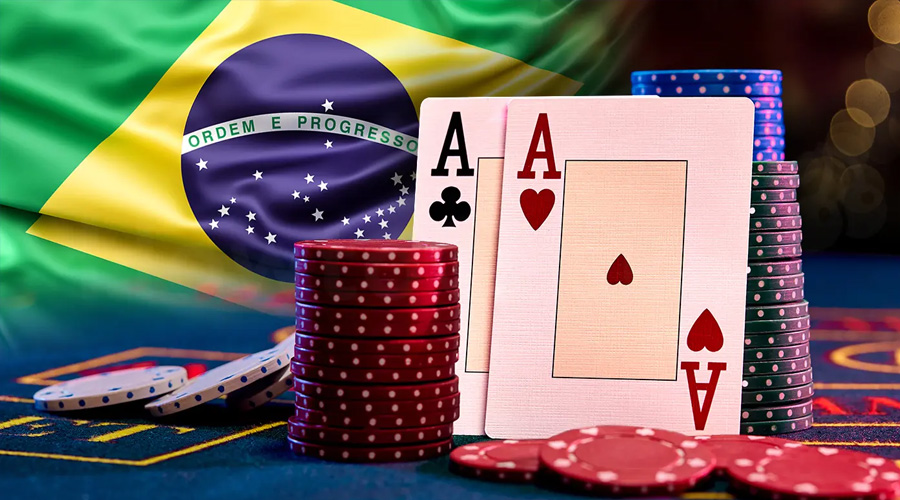
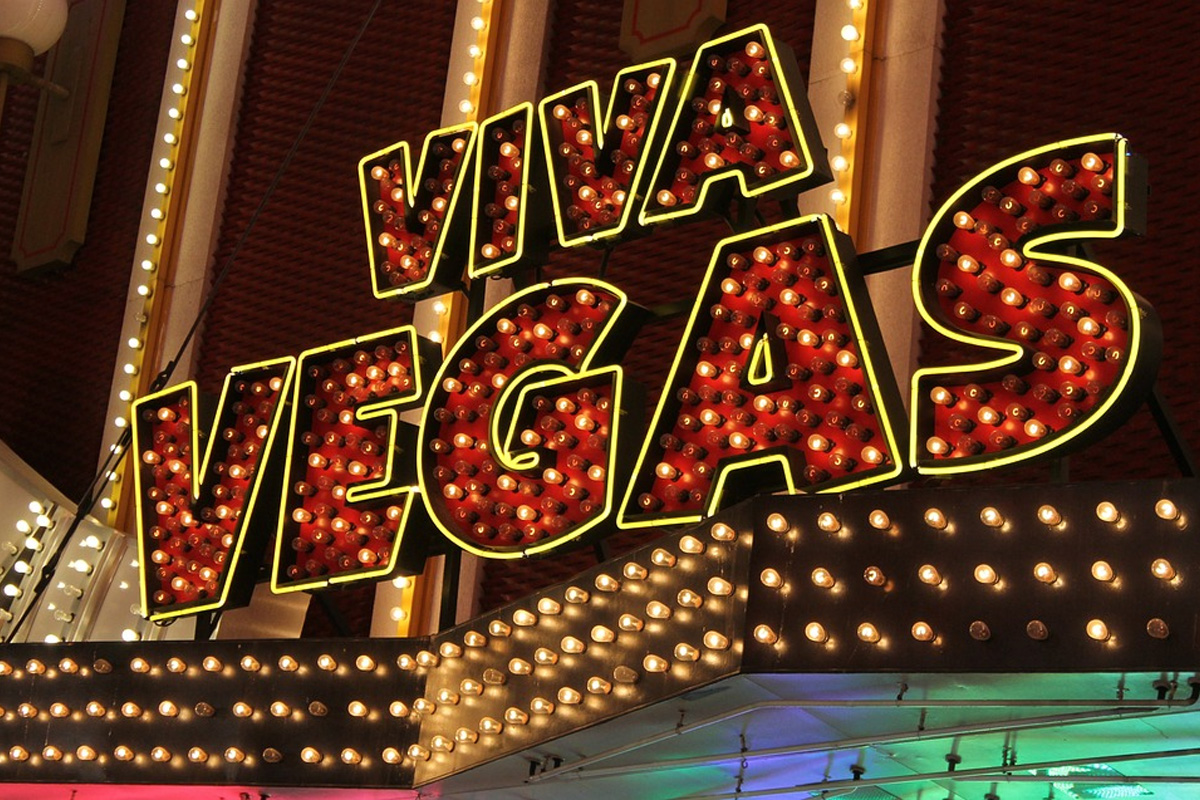
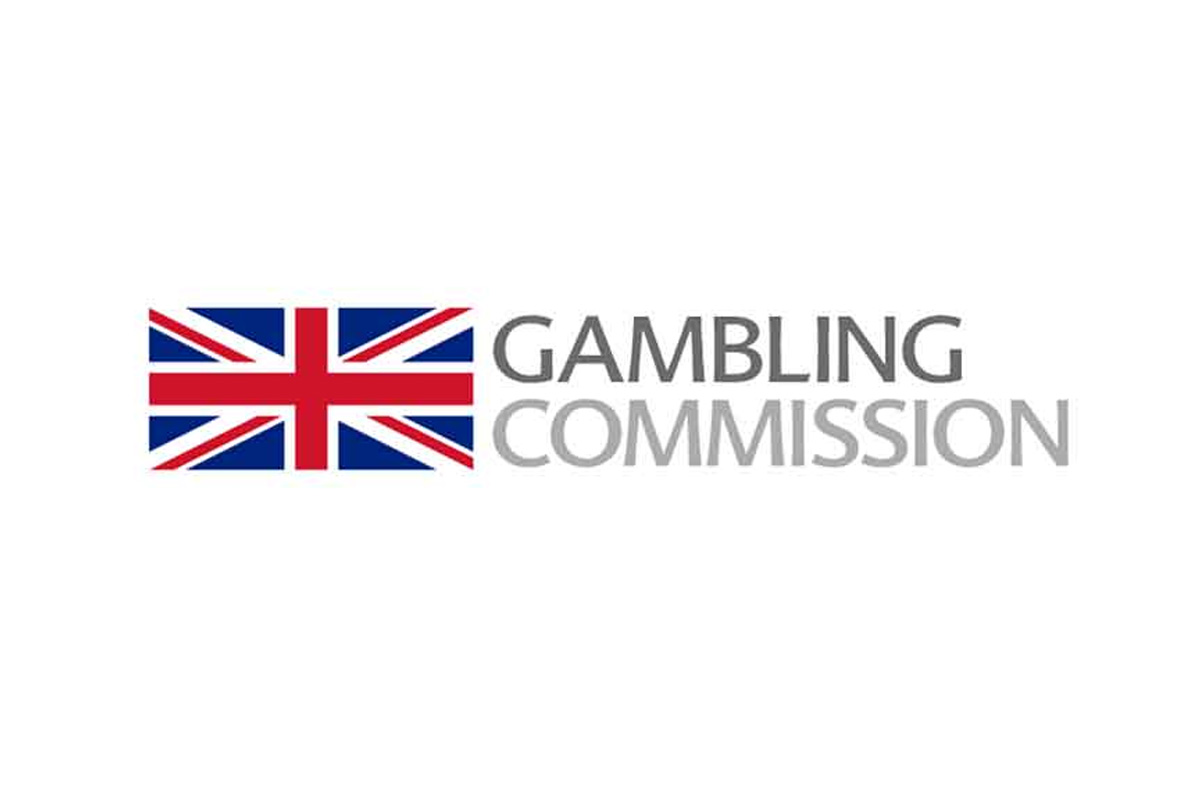
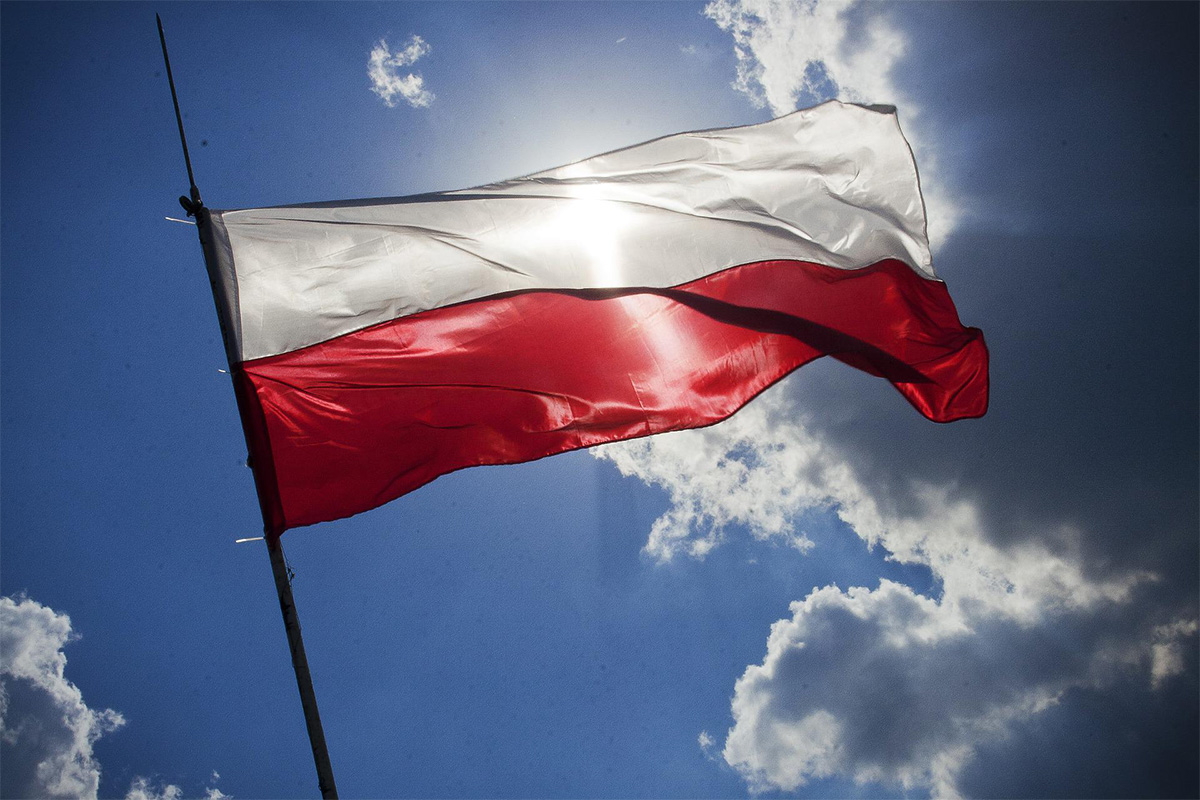





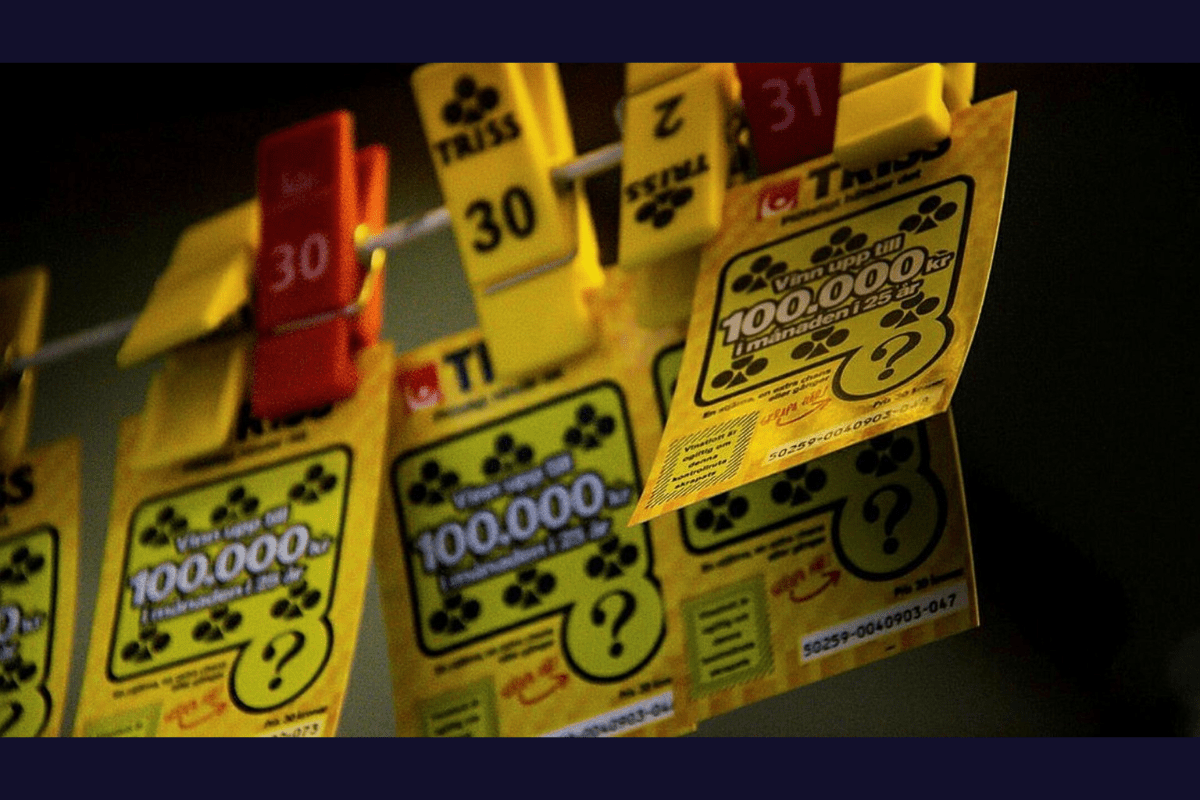
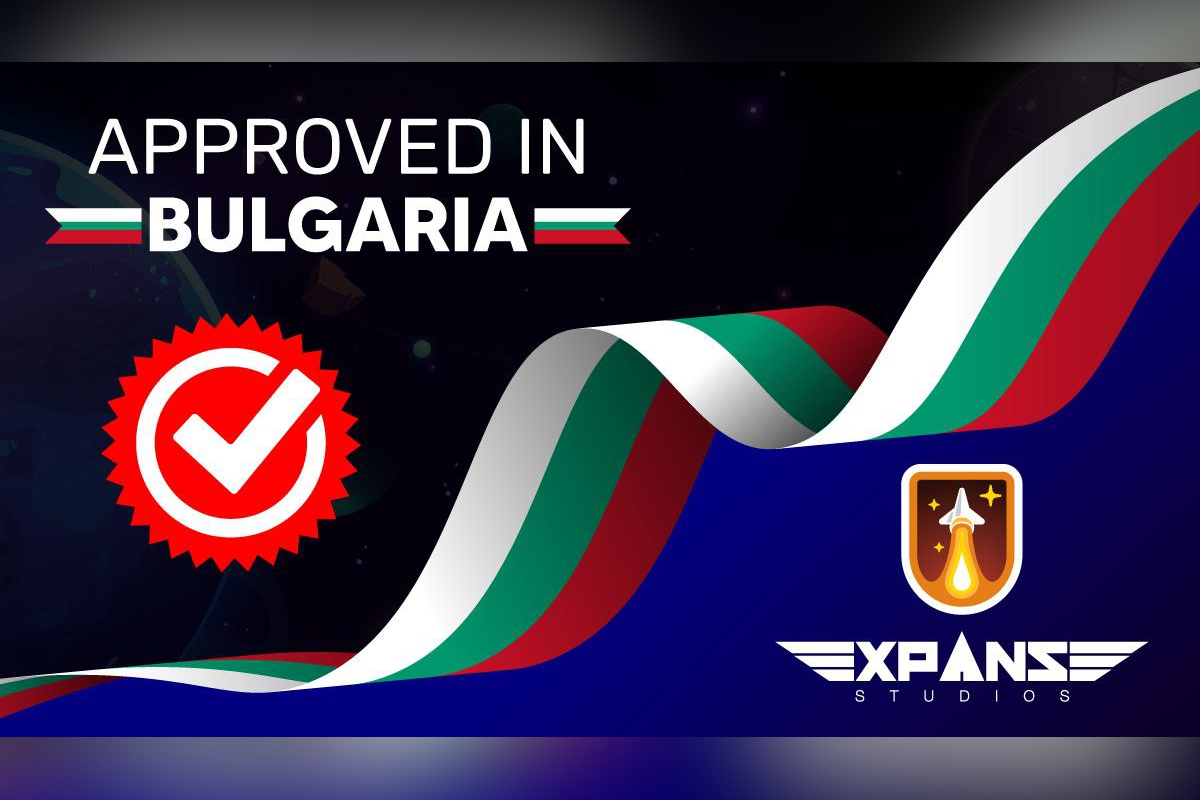

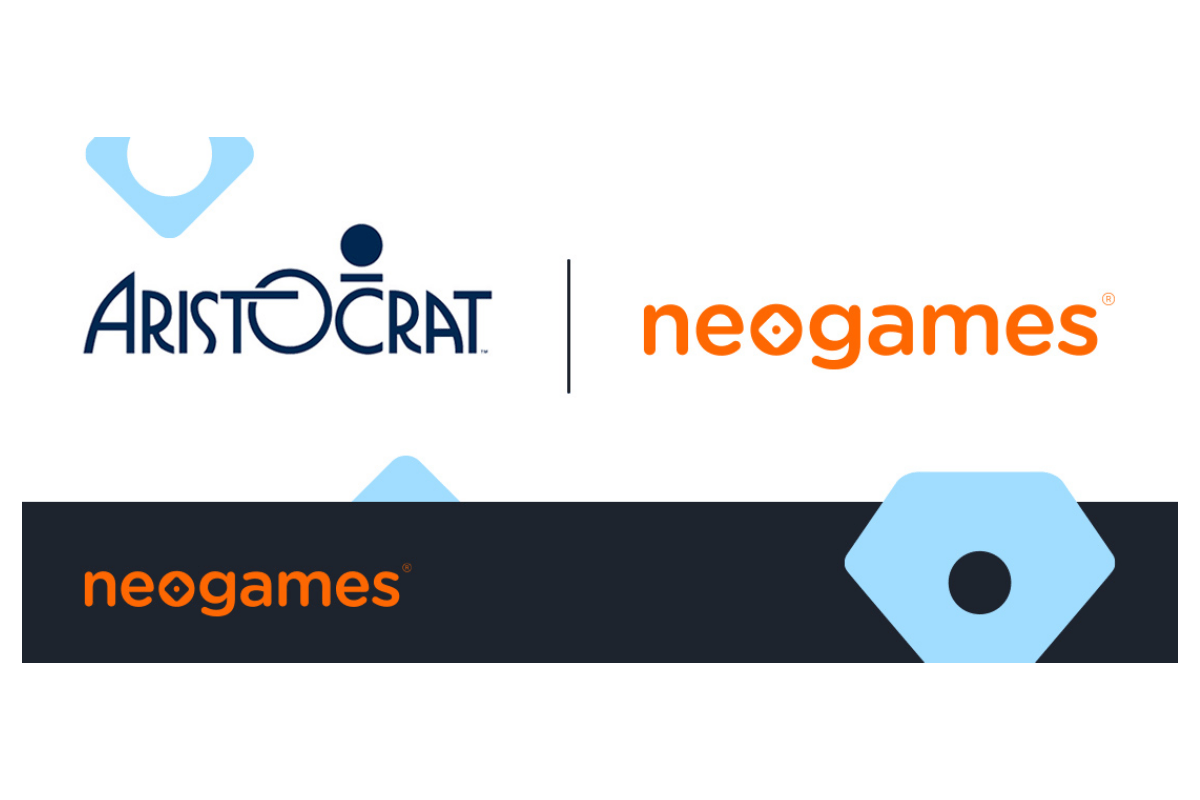

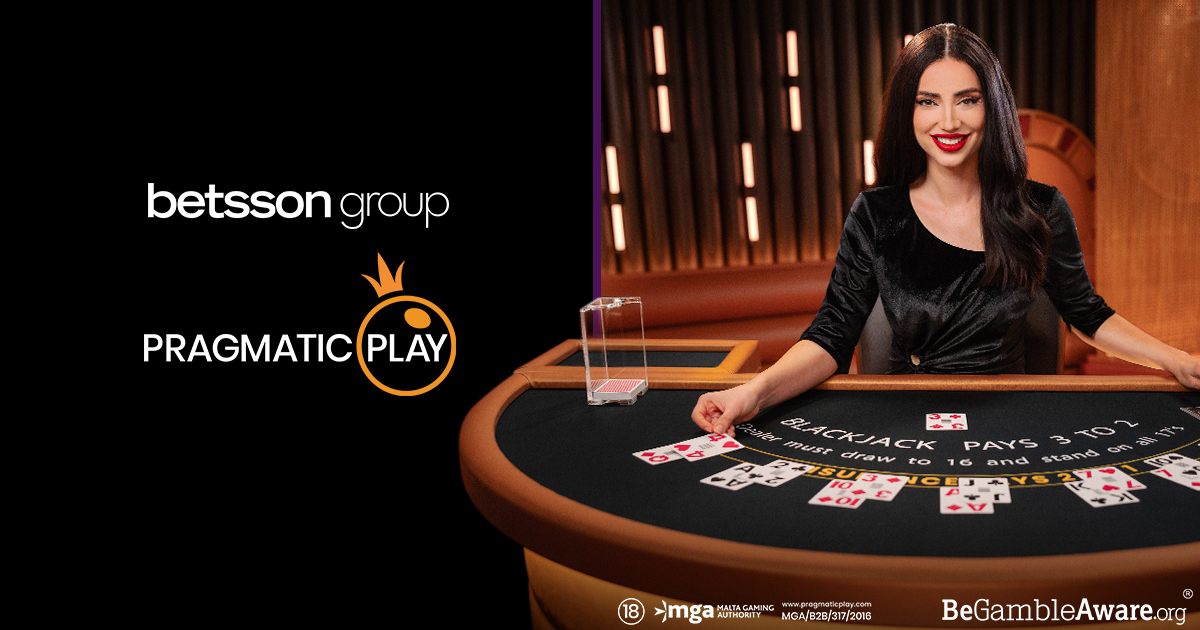

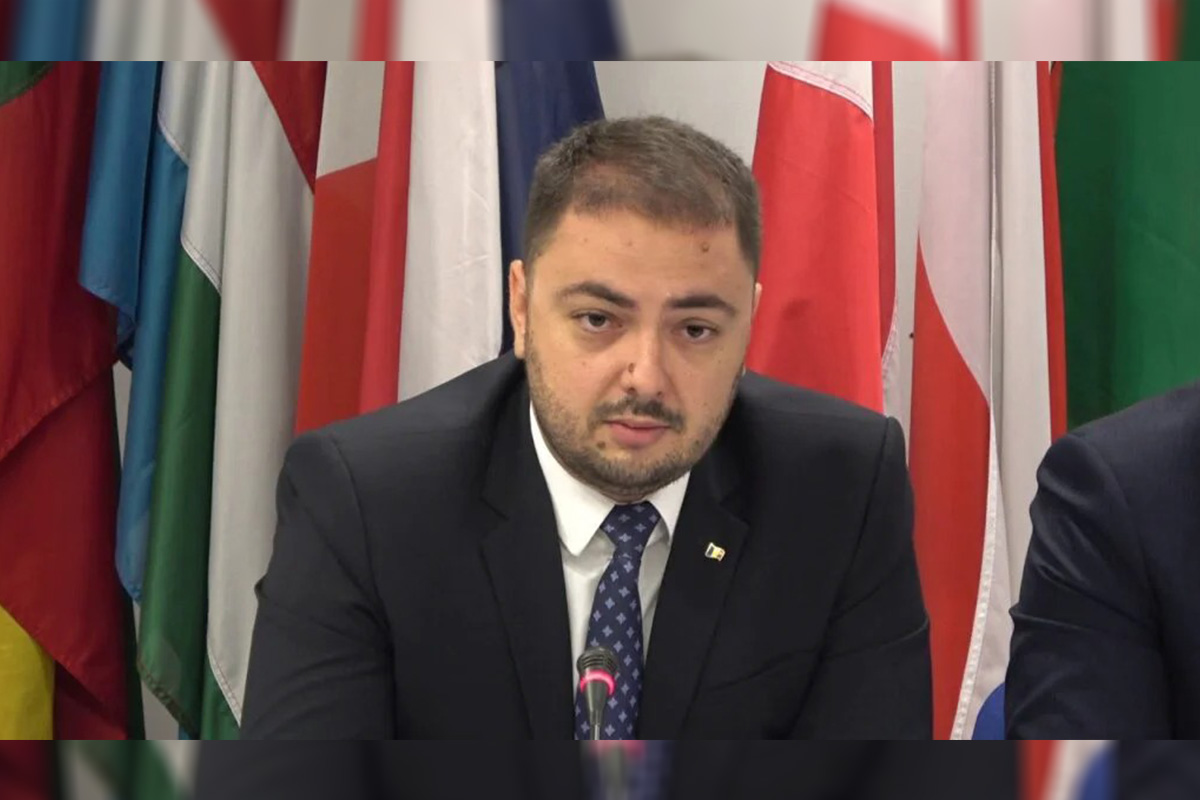
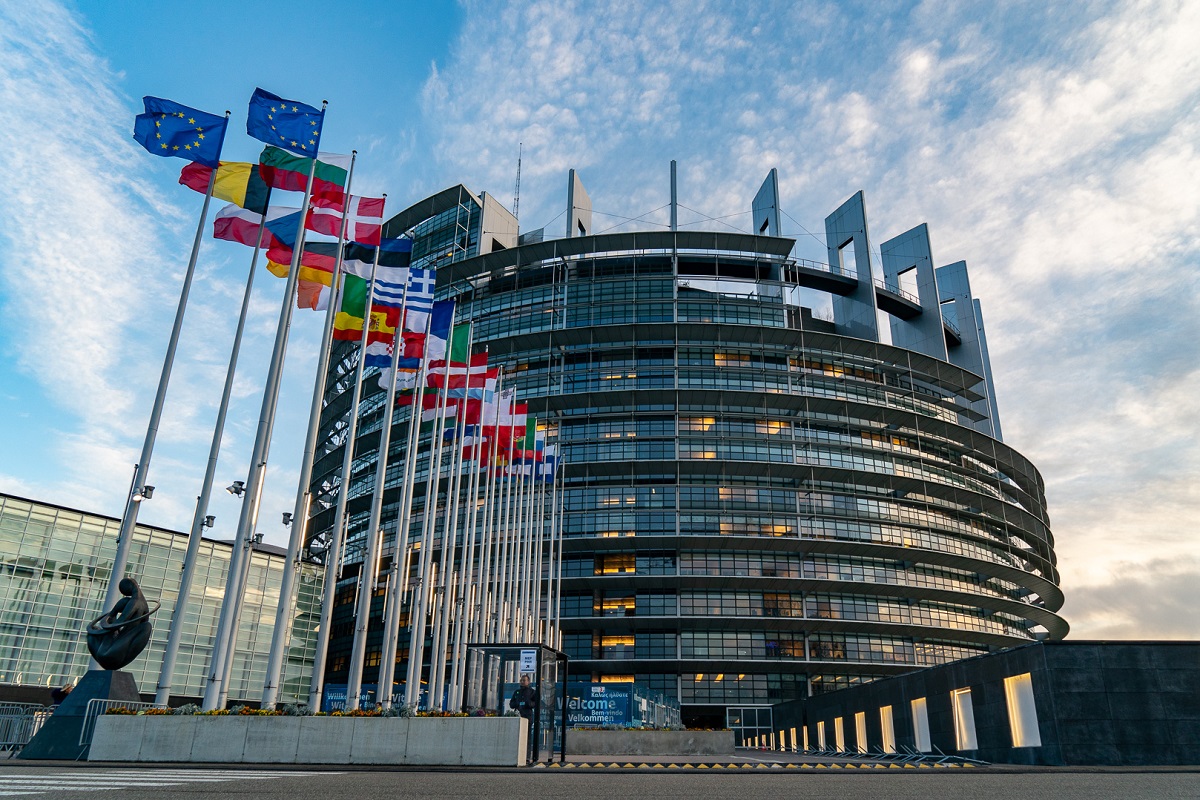

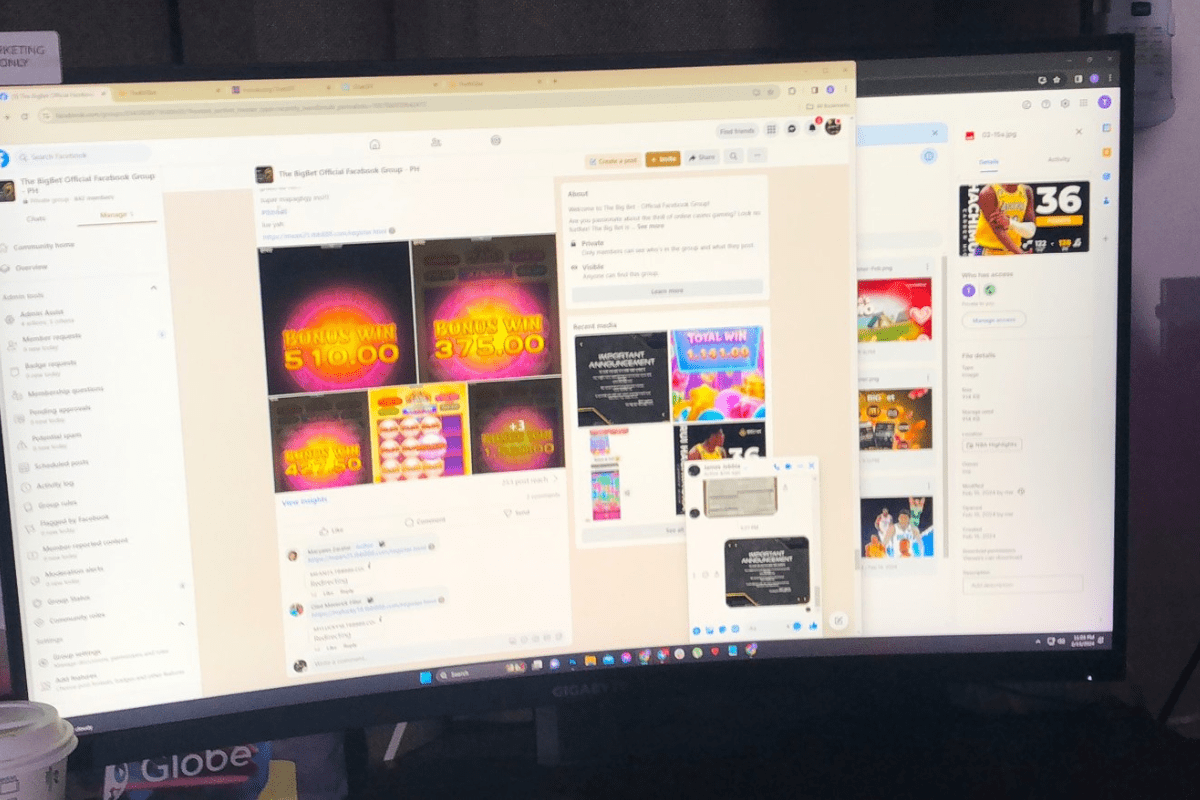

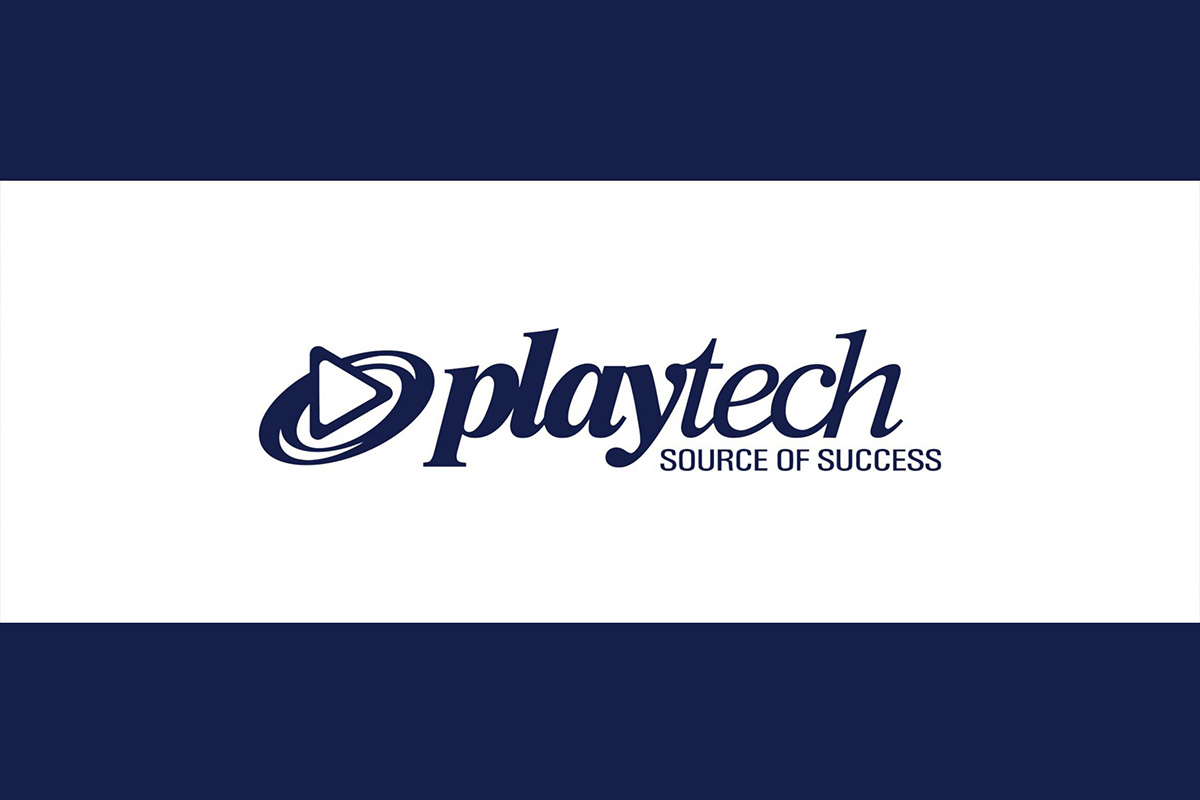


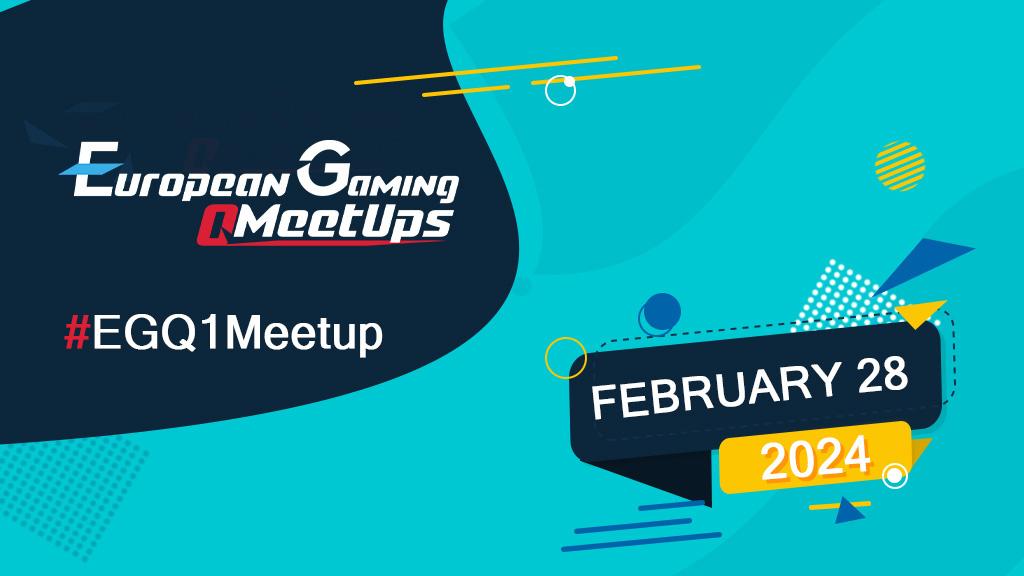
You must be logged in to post a comment Login